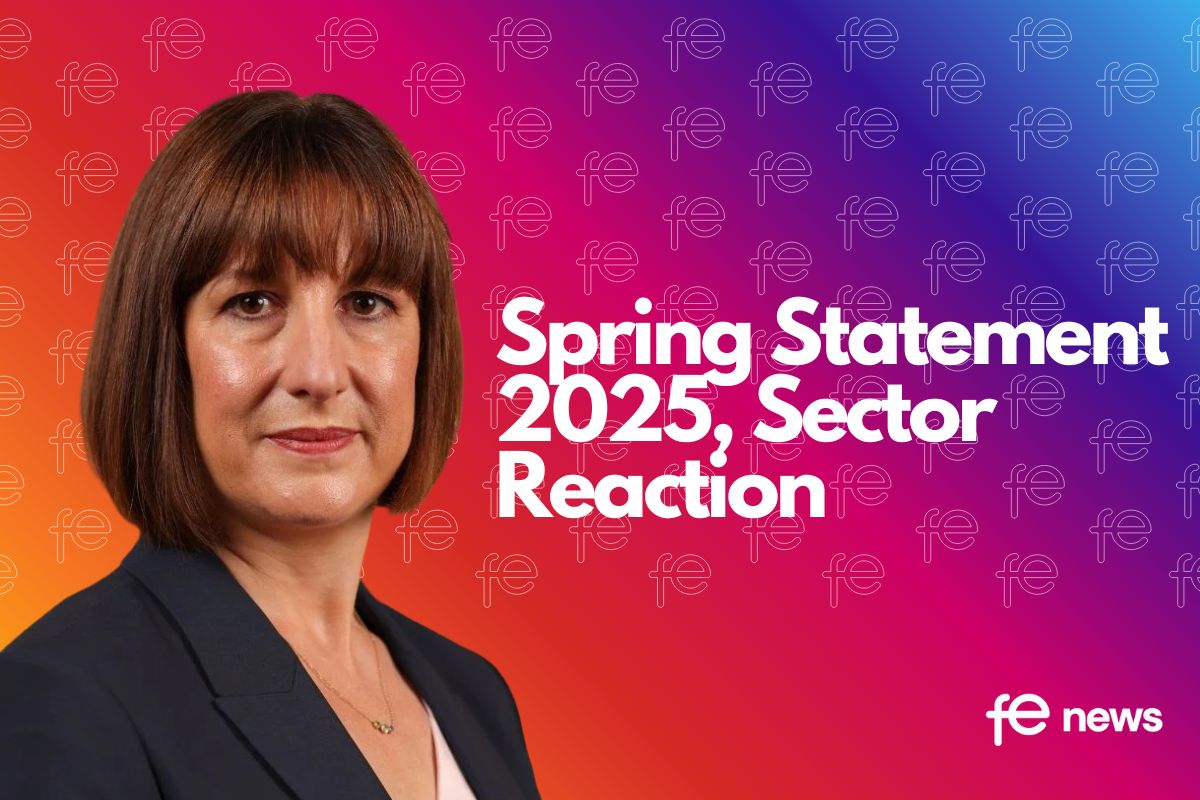How GCSEs, AS & A levels will be awarded in summer 2020

Ofqual sets out details for schools, colleges, students, parents & carers on how GCSEs and A levels will be awarded following the cancellation of this year’s exams.
Since the Secretary of State for Education announced that the 2020 exam series in England would be cancelled to help fight the spread of Coronavirus (COVID-19), we have worked at speed to develop a process which fairly recognises students’ work and makes sure they get their grades in time to progress. We have today, Friday 3 April, set out details about how GCSEs, AS and A levels will be awarded this summer and published further guidance for teachers, students, parents and carers.
For this summer’s awards, schools and colleges are being asked to provide centre assessment grades for their students. These should be fair, objective and carefully considered judgements of the grades schools and colleges believe their students would have been most likely to achieve if they had sat their exams, and should take into account the full range of available evidence.
Sally Collier, Chief Regulator, Ofqual, said:
School or college based assessment already has an important role in many GCSEs, AS and A levels and in extraordinary circumstances such as these, schools and colleges are best placed to judge the likely performance of their students at the end of the course.
We have worked closely with the teaching profession to ensure that what we are asking is both appropriate and manageable, so that everyone can have confidence in the approach. I would like to take this opportunity to thank teachers and school leaders for making this process work for students during these very challenging times.
We have published a message to students to reassure them that we, and exam boards, will do everything we can to make sure that, as far as possible, grades are fair and that they are not disadvantaged in their progress to sixth form, college, university, apprenticeships, training or work because of these unprecedented conditions.
Exam boards will be contacting schools, colleges and other exam centres after Easter asking them to submit, by a deadline that will be no earlier than 29 May 2020, the following:
- a centre assessment grade for every student in each of their subjects: that is, the grade they would be most likely to have achieved if they had sat their exams and completed any non-exam assessment. Judgements should balance different sources of evidence such as:
- classwork
- bookwork
- any participation in performances in subjects such as music, drama or PE
- any non-exam assessment – whether or not complete
- the results of any assignments or mock exams
- previous examination results – for example, for any re-sitting students or those with relevant AS qualifications
- any other records of student performance over the course of study
- the rank order of students within each grade for each subject – for example, for all those students with a centre assessment grade of 5 in GCSE maths, a rank order where 1 is the most secure/highest attaining student, and so on. This information will be used in the statistical standardisation of centres’ judgements – allowing fine tuning of the standard applied across all schools and colleges
- a declaration from the Head of Centre making the submission
We know many private candidates (students who have been home-schooled, following distance-learning programmes or studying independently) are anxious to know how these arrangements might be applied to them. Heads of centre have been asked to provide centre assessment grades for private candidates registered to take exams with their centre and include them in the rank order where they are confident that they and their staff have seen sufficient evidence of the student’s achievement to make an objective judgement. We are urgently exploring whether there are alternative options for students who need results this summer to progress and for whom a centre assessment grade is not possible. It may, unfortunately, be necessary for some to take exams in the autumn or next summer to get their grades. We appreciate that this is a matter of real concern to private candidates and will provide an update as soon as possible. We have asked organisations that represent universities and FE colleges to consider private candidates when making admissions decisions this summer. They have told us that they believe that institutions will consider a range of other evidence and information for these students to allow them to progress wherever possible.
To make sure that grades are as fair as possible across schools and colleges, exam boards will put all centre assessment grades through a process of standardisation using a model being developed with Ofqual. We will consult on the principles of our model shortly, but we expect it will look at evidence such as the expected national outcomes for this year’s students, the prior attainment of students at each school and college (at cohort, not individual level), and the results of the school or college in recent years. It will not change the rank order of students within each centre; nor will it assume that the distribution of grades in each subject or centre should be the same. The process will also recognise the past performance of schools and colleges. However, if grading judgements in some schools and colleges appear to be more severe or generous than others, exam boards will adjust the grades of some or all of those students upwards or downwards accordingly.
Schools and colleges have been told that they must not share their centre assessment grades with students, parents or carers, under any circumstances, until after final results are issued. This is to protect the integrity of centres’ judgements, and to avoid anyone feeling under pressure to submit a grade that is not supported by the evidence. Since the final grades for some or all students in a centre could be different from those submitted, it also helps to manage students’ expectations. We’re working hard to get results out as soon as is possible – results won’t be delayed after the dates they were expected in August and ideally will be released a little earlier, so students can have the certainty they need.
We are all focused on making sure students are not disadvantaged by these unprecedented circumstances, including allowing for an appeal where appropriate. We will consult on proposals for specific appeal arrangements soon.
Students will also have the opportunity to sit exams at the earliest reasonable opportunity in the new academic year – we are working across the sector to plan for how and when these additional exams will take place.Many students will be taking other general and vocational or technical qualifications instead of or alongside GCSEs, AS and A levels. While this process does not apply to those qualifications, the same aims apply. We are working as quickly as possible to develop an approach and we will provide further information as soon as we can.
Further information
The Department for Education have published a letter from the Secretary of State for Education directing Sally Collier, Chief Regulator of Ofqual to make changes to allow students to receive calculated results for GCSEs, AS and A levels this year.
Published 3 April 2020
Last updated 3 April 2020 + show all updates
-
Added a link to a letter from the Secretary for State directing Ofqual to make changes to allow calculated grades to be used for GCSEs, AS and A levels this year.
-
First published.











Responses